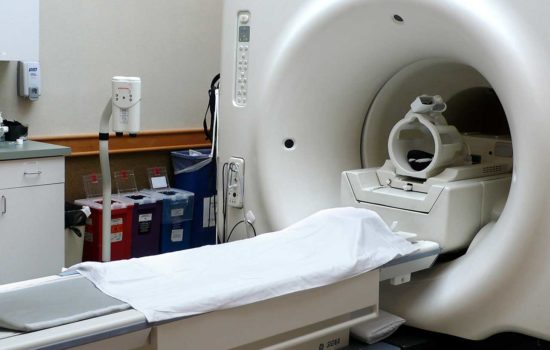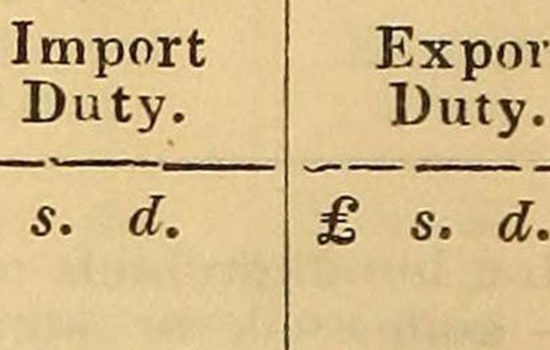
Fact-checking the campaigns for and against the TPP trade deal
Our research on the impact of increased periods of data exclusivity in Japan and Canada…
Philip founded Geneva Network in 2015. His main research interests are the intersection of intellectual property, trade, and health policy. Formerly he was an official at the World Intellectual Property Organization (WIPO) in Geneva, where he worked in its Global Challenges Division on a range of IP and health issues. Prior to his time with WIPO, Philip worked as director of policy for International Policy Network, a UK-based think tank, as well as holding research positions with the Adam Smith Institute and Reform, both in London. He has also worked as a political risk consultant and a management consultant. He is a regular columnist in a wide range of international newspapers and has published a number of academic studies. He holds degrees from the London School of Economics and Durham University (UK). He is also a Senior Fellow at the Institute for Democracy and Economic Affairs, Malaysia.

Our research on the impact of increased periods of data exclusivity in Japan and Canada…

Over the past 20 years, WTO members have made great progress to reduce barriers to trade in sectors as diverse as agriculture and information technology.

China and South Korea insist on protecting their medical-device industries, preventing access to life-saving technologies.

The real story behind Trans Pacific Partnership trade deal is largely positive, writes Philip Stevens

Many countries have long recognized the absurdity of medicine tariffs, yet many countries persist with them

Countries need to commit to abolishing import tariffs on drugs Geneva, September 29, 2015 ─…

Pharmaceutical tariffs could be a barrier to access to medicines. This Working Paper looks at current levels of vaccine and pharmaceutical tariffs worldwide, and examines trade flows amongst the biggest exporting and importing nations.

What’s happened in the first six months of Geneva Network – new studies on IP,…

Free Trade Agreements (FTAs) containing TRIPS-Plus intellectual property provisions have been widely criticised on the grounds they have the potential to raise medicine prices and undermine access to medicines, particularly in developing countries.